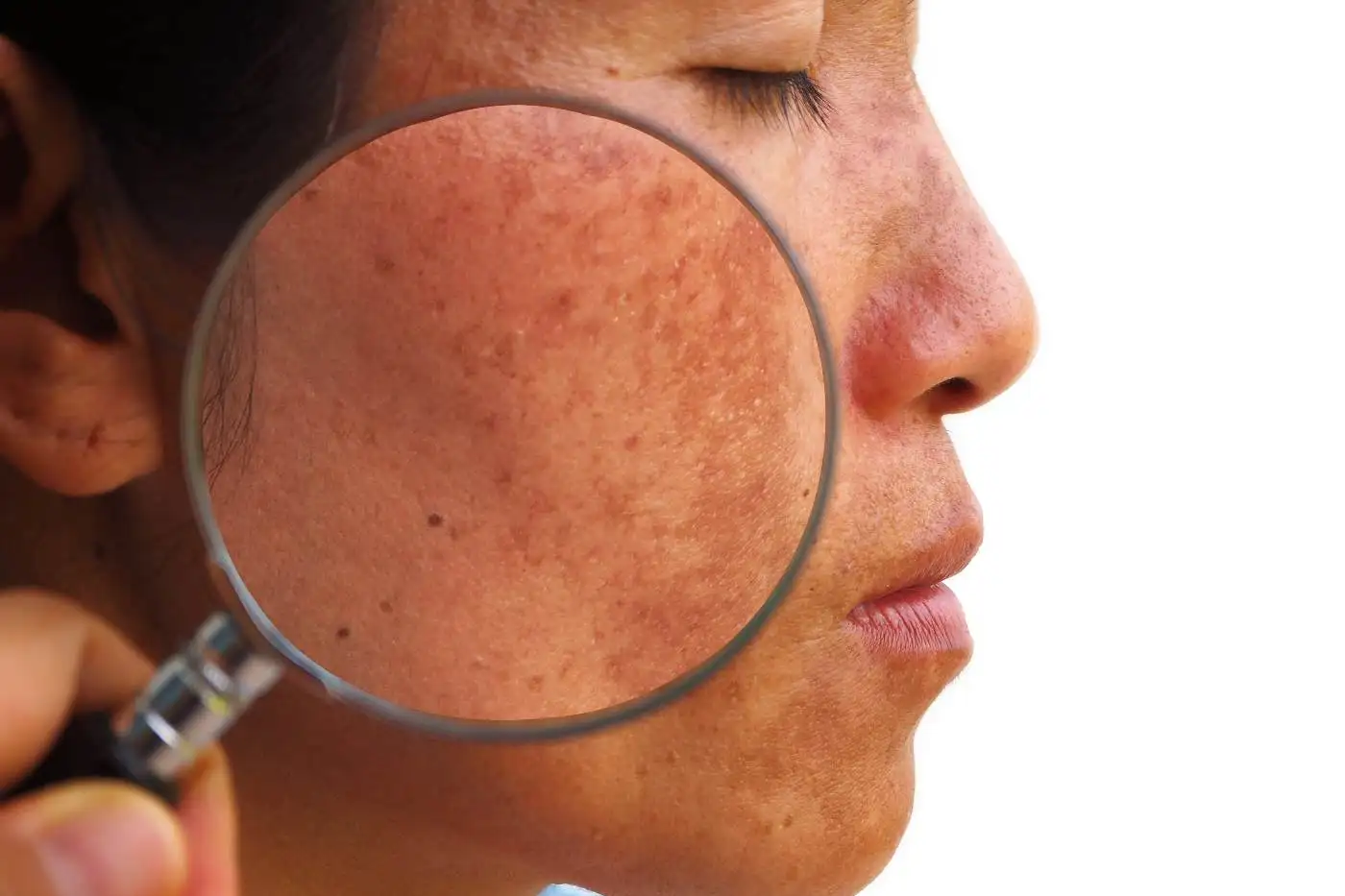Skin cancer is a type of cancer that affects the skin, which is the largest organ of the body. It occurs when abnormal skin cells grow and multiply in an uncontrolled manner, forming a mass or tumor. Skin cancer can be caused by various factors, including exposure to ultraviolet (UV) radiation, genetic mutations, and weakened immune systems.
There are several types of skin cancer, including:
The symptoms of skin cancer can vary depending on the type, but common signs include:

The stages of skin cancer range from Stage I to Stage IV, depending on the extent of the cancer’s spread.
Surgery is often the primary treatment for skin cancer and involves removing the tumor and affected tissue.
Radiation therapy uses high-energy rays to kill cancer cells that may remain after surgery or to relieve symptoms in advanced cases.
Diagnosis typically involves:

Treatment options depend on the type and stage of cancer and may include:

Chemotherapy uses drugs to kill cancer cells that may have spread to other parts of the body.
The prognosis for skin cancer depends on the stage and type of cancer, as well as the patient’s overall health. Early detection and treatment improve survival rates.
Side effects can include:


Managing side effects requires a comprehensive approach, including:
Reducing the risk of skin cancer involves:


Cancer Patients Treated
Our aim is to provide the best cancer treatment & care, make cancer care affordable and accessible to all. Provide cancer care without barriers viz financial, social, logistical, psychological etc. Latest Cancer Treatment based on evidence, delivered with empathy, with highest ethical standards.